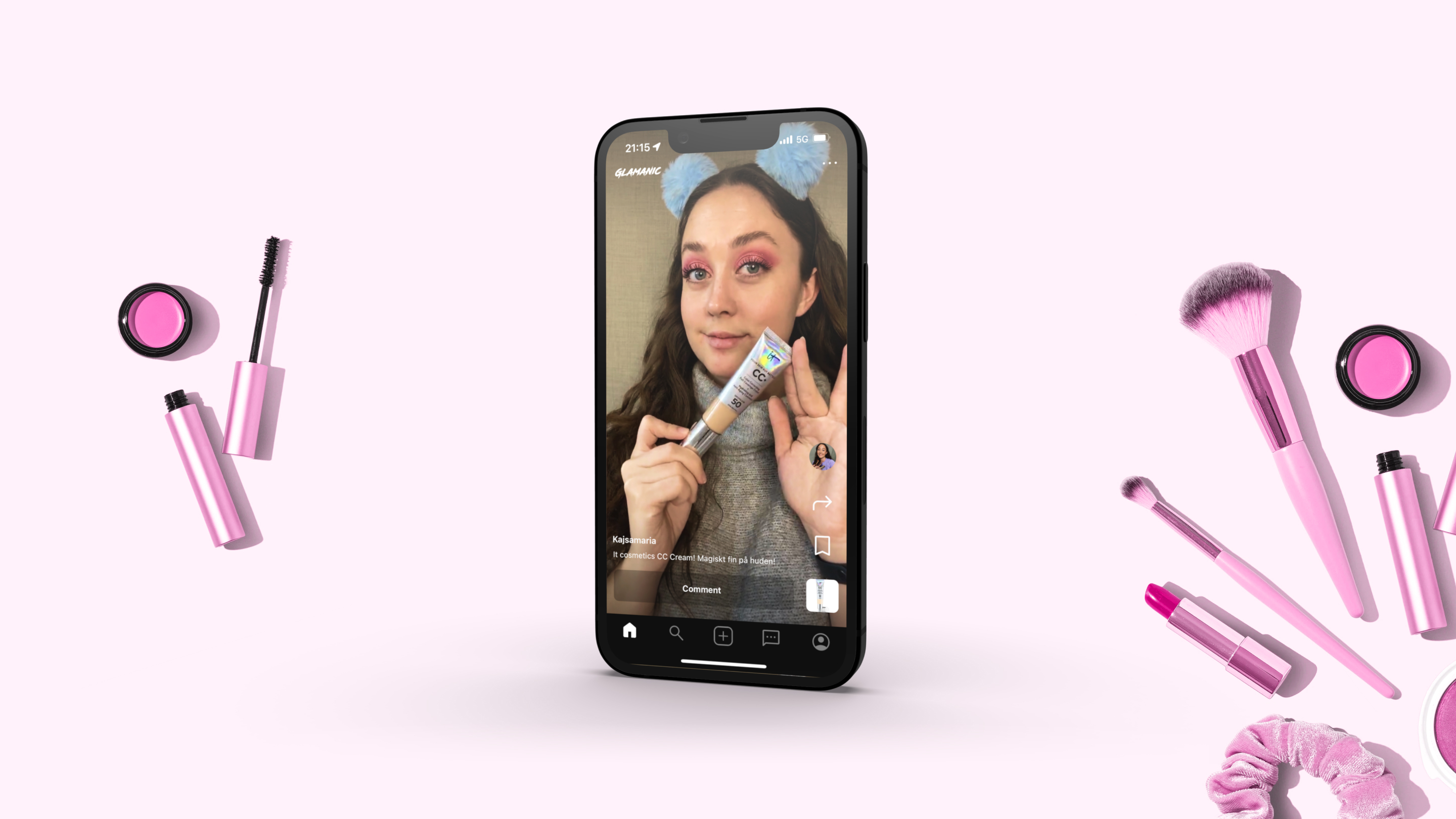
Duolingo: The $12 billion habit machine
Duolingo has 500 million users practicing daily.
Most language apps can’t keep users for 30 days. What’s the difference?
Duolingo doesn’t just teach languages. They engineer addiction.
While competitors built better learning plans, Duolingo built better habits. They turned language learning from a chore into a compulsion.
Here’s their playbook for building products people can’t stop using.
Don’t reward learning. Reward showing up.
Traditional education rewards knowledge gained. Duolingo rewards consistency.
Their streak system is brutally simple:
- Practice daily = keep your streak
- Miss one day = lose everything
- Break a 100-day streak = feel genuine pain
This taps into loss aversion psychology. Users practice not because they love Spanish grammar, but because losing their streak feels devastating.
Result: 14% increase in day-14 retention rates.
The principle works beyond language learning. Fitness apps, productivity tools, and creative platforms all benefit from streak mechanics. Make daily engagement valuable and streak breaks costly.
Make progress visible and shareable
People don’t share products. They share achievements.
Duolingo’s badge system creates shareable moments:
- 7-day streak badge
- Perfect week completion
- Level advancement milestone
- Course completion certificate
Each badge represents progress worth celebrating. Users naturally want to share accomplishments with friends and family.
Result: 116% increase in user referrals.
Design achievements that feel earned but attainable. Too easy feels meaningless. Too hard feels discouraging. Find the sweet spot where accomplishment feels significant.
Create friendly competition
Leaderboards don’t just rank users. They build community.
Duolingo’s competitive features include:
- Weekly leagues with promotion/demotion
- Friend challenges and group goals
- XP competitions and tournaments
- Collaborative team quests
Users practice not just for themselves, but to maintain their position among friends. Competition provides external motivation when internal motivation weakens.
Smart competition celebrates progress rather than punishes failure. Focus on improvement over absolute rankings.
Give instant feedback
Traditional education delays feedback for weeks. Duolingo provides it in milliseconds.
Every exercise gives immediate response:
- Correct answers get celebration sounds
- Wrong answers get gentle correction
- Progress bars update in real-time
- XP points accumulate instantly
Users know immediately whether they’re improving. This prevents frustration and maintains engagement.
The principle scales to any skill-building app. Instant feedback keeps users motivated and prevents confusion from building up.
Build personality into communication
Most notifications feel intrusive. Duo the owl feels friendly.
Their mascot transforms generic reminders into personal encouragement:
- Gentle daily practice reminders
- Celebration of streak milestones
- Playful guilt about missed sessions
- Encouraging messages during challenges
Result: 5% increase in daily active users.
Personality makes interruptions welcome instead of annoying. Users tolerate notifications from friends that they’d reject from faceless apps.
Create urgency through scarcity
Regular practice can feel routine. Limited-time events inject excitement.
Duolingo’s event strategy:
- Monthly XP challenges with deadlines
- Exclusive badge opportunities
- Special league competitions
- Limited-time bonus rewards
Events work because they provide novelty within familiar structure. Users get the comfort of routine plus the excitement of special opportunities.
Time pressure overcomes procrastination. Users who might skip regular practice will prioritize special challenges.
Your habit-building toolkit
Apply these strategies to create sticky products:
Core mechanics:
- Streak systems for daily engagement
- Visual progress indicators
- Immediate feedback on all actions
- Achievement badges for milestones
- Social leaderboards and competitions
Psychological triggers:
- Loss aversion (fear of losing streaks)
- Social proof (seeing others succeed)
- Achievement motivation (earning recognition)
- Competition drive (outperforming peers)
- Community belonging (shared goals)
Retention boosters:
- Friendly app personality in communications
- Limited-time events and challenges
- Collaborative features and team goals
- Contextual learning with practical themes
- A/B testing for continuous optimization
Warning signs to avoid:
- Over-rewarding trivial actions
- Creating punitive failure experiences
- Making most users feel like losers
- Adding game elements without clear purpose
- Ignoring core product value for superficial rewards
The habit formation formula
Duolingo’s success comes from understanding a simple truth: people sustain behaviors that feel immediately rewarding, not eventually beneficial.
Language learning takes years. Feeling accomplished takes seconds. They optimized for the seconds while maintaining the years.
Your product needs the same balance. Make the daily experience irresistible while delivering long-term value.
The businesses that win don’t just solve problems. They create habits around solving those problems.
Also read Something is always more important


